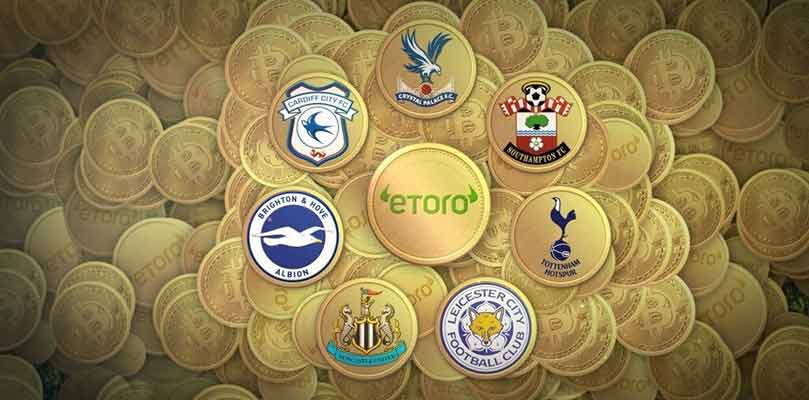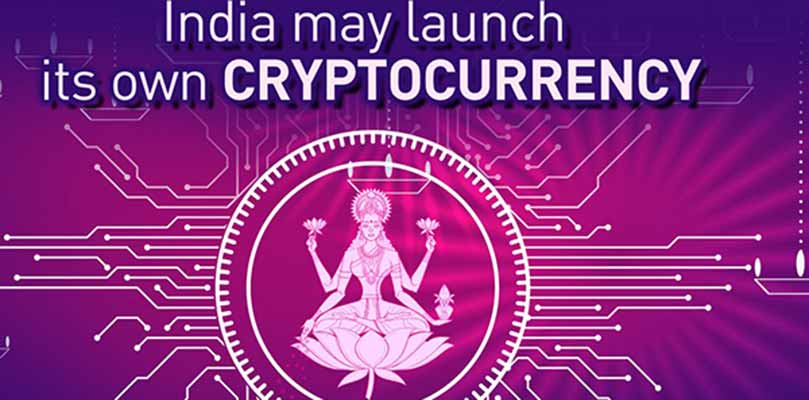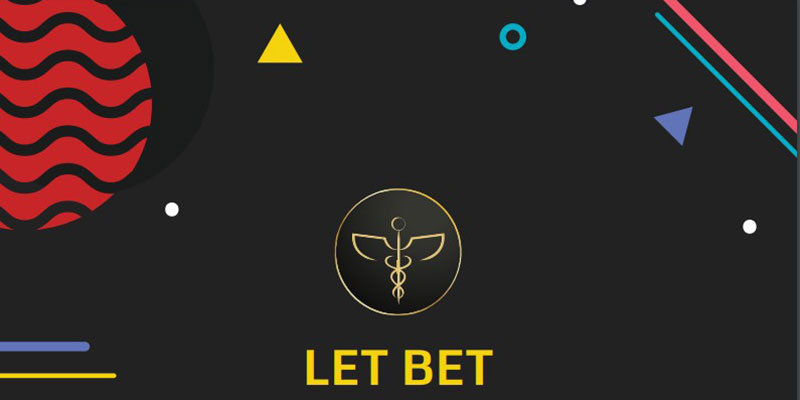Earlier this year (in March), Google announced a cryptocurrency ad ban that it went on to roll out in June – these were intended to protect its consumers and involved wallets, trading services, and Initial Coin Offerings (ICOs). This is all about to change with the company on September 25 ending the ban on cryptocurrency advertisements.
In a new update to its advertising policies, the company emphasizes that at the ads that would be allowed would only be those of “regulated” trading sites.
“The Google Ads policy on Financial products and services will be updated in October 2018 to allow regulated cryptocurrency exchanges to advertise in the United States and Japan,” Google explained. “Advertisers will need to be certified with Google for the specific country in which their ads will serve. Advertisers will be able to apply for certification once the policy launches in October. This policy will apply globally to all accounts that advertise these financial products. For more details, see About restricted financial products certification. The Financial products and services page will be updated once the policy goes into effect.”
Google was one of the tech companies that moved to prohibit cryptocurrency advertisements alongside Twitter and Facebook, though the latter later relaxed some of the restrictions it had placed on cryptocurrency-related advertisements. Google’s ban was so wide-ranging that it affected offerings from both legitimate wallet services and trading professionals.
This crackdown on crypto went on to rapidly spread across the internet leading to various bans from other companies, including LinkedIn, MailChimp and Snapchat. Even though this was meant to stop or at least slow down scammers on the internet it also whipped out legitimate blockchain projects which in turn slowed down adoption of digital currencies, stifled promotion and stoked more fears about mainstream acceptance of crypto.
The Reason Is Yet to Be Known
As is it stands, there has not been a clear explanation as to why the tech giant has chosen to lift the ban barely four months after it imposed it. It is speculated that the company believes that the hype that surrounded crypto, as well as the negative side effects associated with the skyrocketing values, have finally died down are at least reduced significantly. Still, it is possible that Google is simply keeping its eye on the prize i.e., the valuable ad money that crypto will bring in.
“We don’t have a crystal ball to know where the future is going to go with cryptocurrencies, but we’ve seen enough consumer harm or potential for consumer harm that it’s an area that we want to approach with extreme caution,” Google’s Scott Spencer said in June when the original ban was rolled out.





